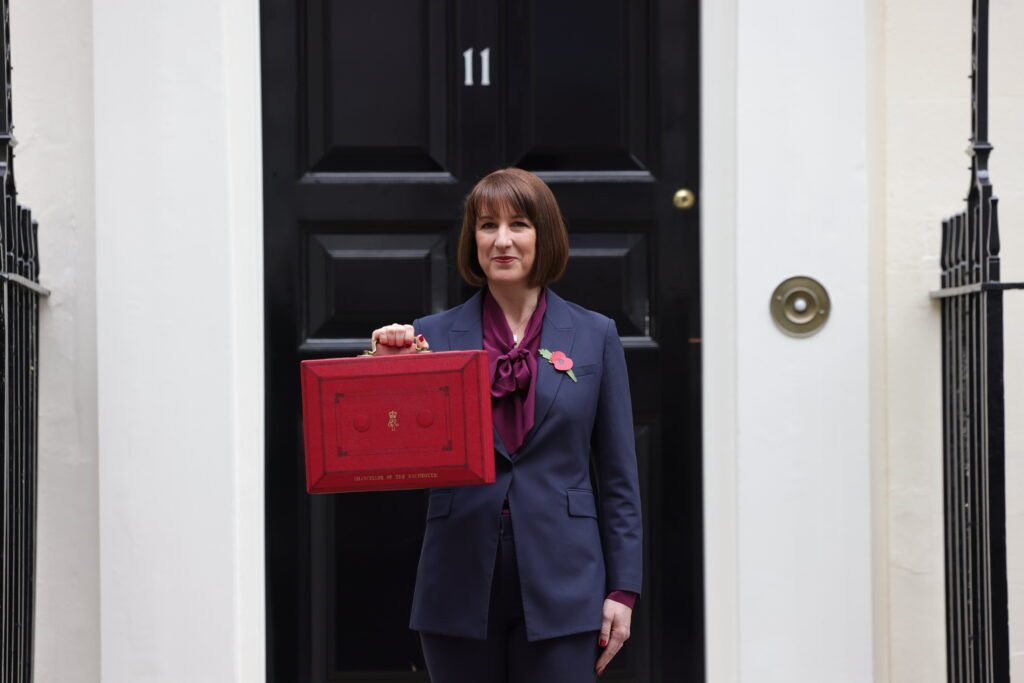
Britain’s long-term borrowing costs have climbed to levels not seen in nearly three decades, intensifying the pressure on Chancellor Rachel Reeves as she prepares for the upcoming Budget.
The yield on 30-year government bonds surged to 5.698% on Tuesday, later closing at 5.72%. The spike makes it costlier for the government to finance its debt and adds weight to speculation that Reeves may be forced to introduce tax rises to keep public finances on track.
The turbulence extended beyond bonds. Sterling dropped over 1% against the dollar, sliding to $1.3388 — its lowest since early August. Similar trends were observed across Europe, with German, French, and Dutch long-term bond yields also hitting their highest levels since 2011. In the US, 30-year Treasury yields rose to their strongest in more than a month.
Analysts point to a mix of global and domestic factors behind the surge in borrowing costs, including geopolitical tensions, shifts in US trade policy, and political uncertainty in Europe. WTO chief Ngozi Okonjo-Iweala described the present disruption to global trade rules as the most severe in 80 years, warning of further knock-on effects in the year ahead.
For Reeves, the market shift represents a warning signal. Investors appear increasingly concerned about the government’s ability to manage debt sustainably, with some already offloading UK gilts. Susannah Streeter of Hargreaves Lansdown noted that Reeves faces “extremely tough choices” in balancing growth with fiscal responsibility.
Labour’s manifesto pledged not to raise core taxes such as income tax, VAT, or national insurance for working households. However, rumours persist that Reeves may extend the freeze on income tax thresholds — a measure often described as a stealth tax — or consider reforms to property taxation.
The chancellor’s room for manoeuvre is slim: her £10bn fiscal buffer offers limited flexibility under her self-imposed rules that require day-to-day spending to be funded by taxes and public debt to fall as a share of national income by 2029-30. Some economists estimate Reeves may need to raise between £18bn and £28bn in the autumn Budget to stay within these parameters.
The government has attempted to shore up economic expertise at the heart of policymaking, with Baroness Shafik, a former Bank of England deputy governor, joining as Keir Starmer’s chief economic adviser. The reshuffle underscores the importance placed on the autumn Budget, which is expected to be a defining moment for the new administration.
Still, critics argue that rising borrowing costs highlight market unease with Reeves’s approach. Shadow Chancellor Mel Stride called the developments “another economic disaster from Rachel Reeves” and claimed they amounted to a “vote of no confidence in Labour.”
With borrowing costs rising worldwide and economic growth faltering at home, the chancellor’s upcoming Budget is set to test both market confidence and political resolve.








